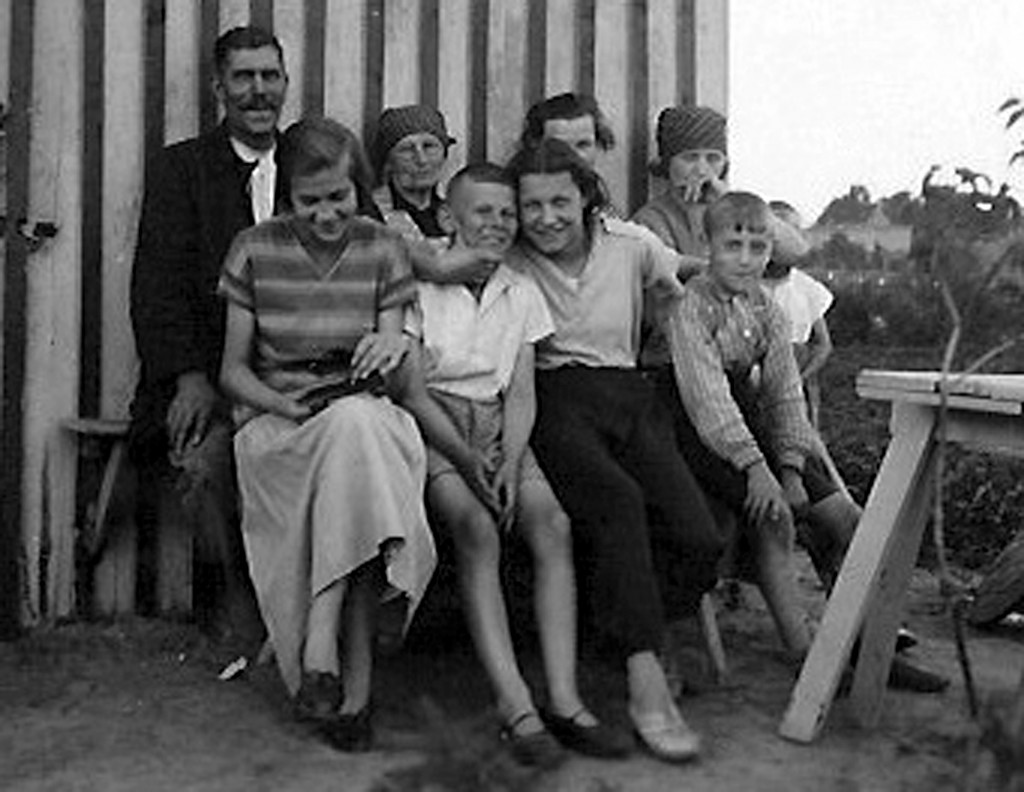We finally saw The Book Thief. The story (taken from the book of the same name) is of a young German girl and her challenges adapting to her new foster family and community during the Second World War. It is, overall, a book about gentle kindness in harsh times.
Audiences liked it. but a good number of critics complained, calling it “a cheesy bedtime yarn,” and noting its “forced sentimentality.” One commented, “A little more darkness and a little less gloss may have better served the story.” Apparently, no story in war is acceptable without a thorough reliving of its horrors.
As we watched, I saw the film through Helga’s eyes, noting a couple of dozen parallels between Liesel’s experiences in her small community and the then somewhat older Helga’s in Tilsit, East Prussia, from mad dashes to makeshift bomb shelter basements to fear of speaking one’s own thoughts among neighbors, from the devastating loss of one night’s destruction to unlikely postwar reunions. So much mirrored Helga’s experience as she recalls it in Under a Leafless Tree.
 Helga’s story, and Liesel’s, are stories within stories. Stories of good, ordinary people, families and communities in the eye of earthly storms not of their own making, their love forging splashes of gold in the midst of a seemingly disintegrating, cruel world.
Helga’s story, and Liesel’s, are stories within stories. Stories of good, ordinary people, families and communities in the eye of earthly storms not of their own making, their love forging splashes of gold in the midst of a seemingly disintegrating, cruel world.
To the critics, I would say, if you want to see more of Nazi brutality, already so emblazoned on our consciousness, there must be 100,000 sources. If you want to learn a little more about the true potential of the human spirit in the person of a young girl and her community, pay attention to the Book Thief, and to real girls like Helga Meizus Meyer. You might learn why nothing like Nazism will long endure.
